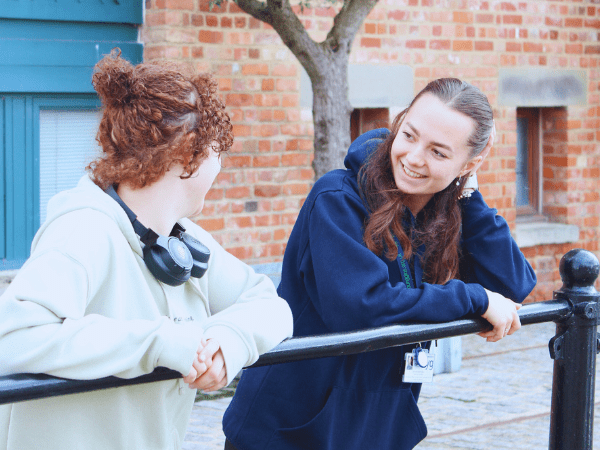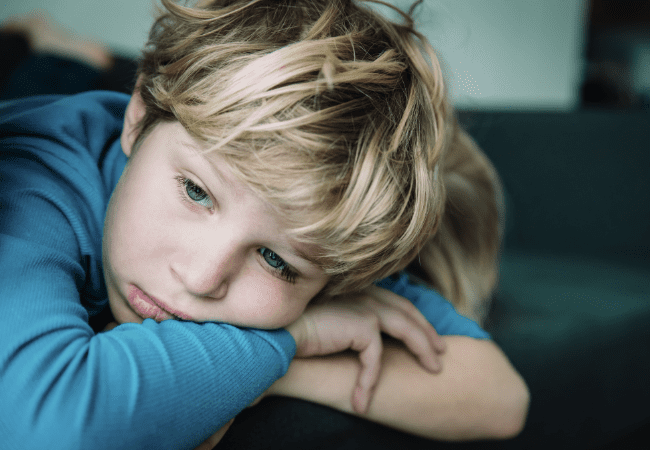
Together with our sister charity, Infobuzz, we are pleased to welcome to the team, therapy-dog-in-training, Buddy.
5 August 2019
If you haven’t heard already or seen the cute pictures of puppies on social media – YG has only gone and got a dog! Together with our sister charity, Infobuzz, we are pleased to welcome to the team, therapy-dog-in-training, Buddy.
Buddy, a Border Collie, joined the team at just ten weeks old and now at seven months he is settling in well and learning lots.
So pets as therapy – is that a real thing?
Yes it is. It is widely researched and accepted that animals can provide therapeutic benefits in a variety of ways. Studies suggest that the effects of pet ownership can be beneficial to physical, social and psychological wellbeing. The presence of pets can also promote social interaction and reduce psychological responses to anxiety.
Therapy animals are socialised and trained to provide comfort and affection to people in various stressful environments and are often seen in hospitals, nursing homes, schools, and disaster areas. Horses, cats and rabbits are all animals used for their therapeutic charms but dogs are by far the most common animal.
Therapy dogs can be any breed and any size – from a Chihuahua to a Great Dane, from a Staffi to a Rottweiler to a Poodle. What is important is whether they are suitable for the activities in terms of age, temperament, health, and training. Buddy was chosen for his social nature, he is eager to please, keen to learn and has certainly shown an empathetic nature.
What’s the difference from an assistance dog.
Therapy dog is rather a general term and is often used to describe a dog that is used to benefit people in a therapeutic way. An assistance dog is trained to perform specific tasks to help a disabled person.
When will buddy be working and what are our plans in the future?
Buddy has been taking time to settle into the environment here at Greyfriars House. With lots of comings and goings, it’s a lot for a small pup to take in. Alongside his rapid growth he is finding his paws and learning to master basic commands such as ‘sit’ ‘paw’ etc. His biggest priority is learning to cope with changes in environment and meeting new people. These skills will be key to Buddy’s role as he matures. As part of his socialisation he has been meeting people and spending time with different groups.
Buddy will not formally start working in his role until he is at least a year old when he will be used to work both in groups of young people and families and in one-to-one counselling sessions. Buddy will develop a number of skills and behaviours that will be used to help put young people and clients at ease, to build their confidence and reduce their barriers to participation.
With mental health and wellbeing an increasing concern in the county and of course nationally. YG and Infobuzz are always considering new and innovative approaches to supporting our clients.
We have been learning from national charity Dogs for Good and Animal Assisted Intervention International to develop strategies and models of work that ensure Buddy’s welfare whilst benefitting service users. YG and Infobuzz will be following best practice recommendations from the Society for Companion Animal Studies and exploring developments in the field of Animal Assisted Intervention. As a relatively new field this really is an exciting area of work for us. We believe Buddy will enhance the experience young people and families have when working with the charities.
To find out more about Buddy and his role at YG, please get in touch or make sure you follow us on social media to hear regular updates about his training.
You may also like...
The Story of an Arcus Family

Supporting Ukrainian Refugees

Understanding the ‘Hidden Victims of Crime’ Project

World Suicide Prevention Day 2024

